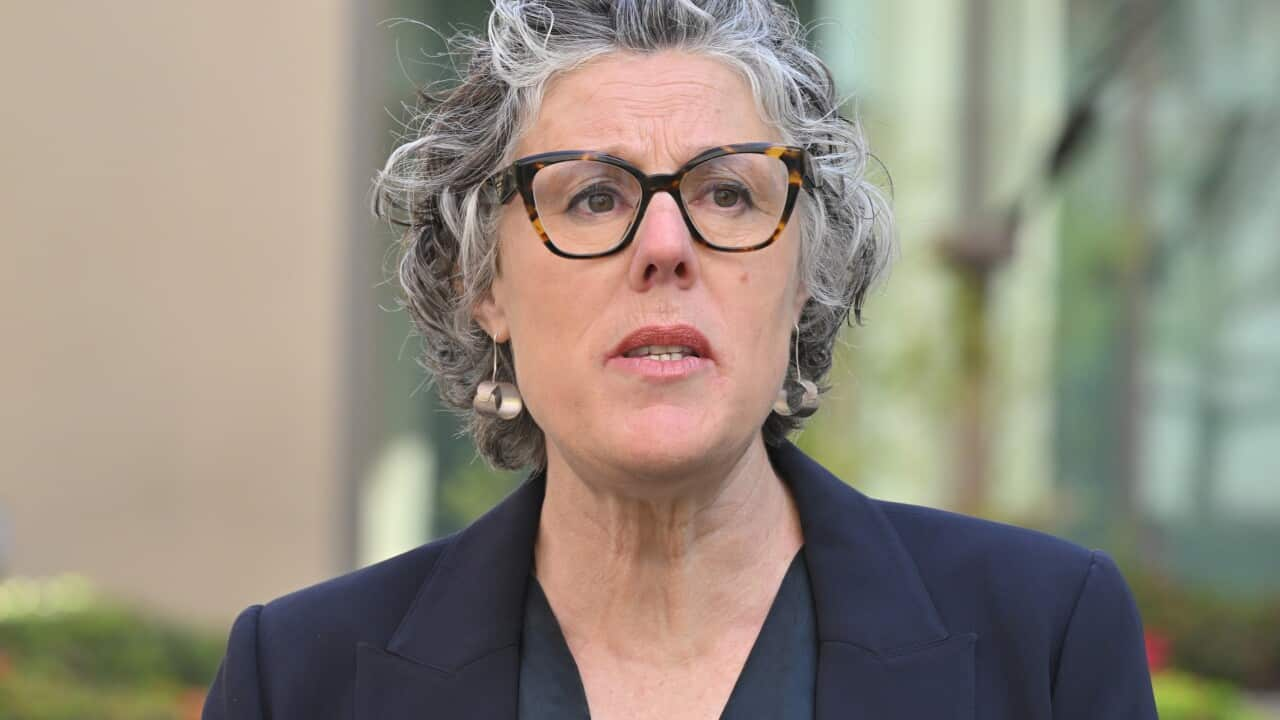Key Points
- Last week, the federal government announced proposed legislation that would require banks to do more to prevent scams.
- Independent senator David Pocock welcomes the move but wants the government to act urgently to hold banks accountable.
- He has proposed Australia legislate a reimbursement model similar to world-first laws introduced by the UK last year.
It took one phone call for Harriet Spring to lose the proceeds of her mother’s largest asset — their $1.6 million family home.
In February, following its sale, Spring wanted to deposit the money “safely”. Thinking she was talking to her bank, cybercriminals advised her to make a fixed-term deposit via teletransfer from her 95-year-old mother’s bank into a holding account.
Her mother’s bank, Teachers Mutual (TMB), authorised the transfer without checking if the receiving account number was in her name or her mother’s.
Instead, she claims the money flowed to ten different scam accounts. Six months later, TMB has denied any liability and she has only recovered $232 of the original amount. Spring’s mother has since died.
Independent senator David Pocock joined three scam victims, urging the government to strengthen its Scams Prevention legislation. Source: AAP / Mick Tsikas
Spring said unless banks feel the consequences of these losses, they won’t do much to prevent them.
“They have no skin in the game. It’s a moral hazard argument. If you don’t bear the consequences of the impact of a crime, you won’t do anything to prevent it,” she told reporters on Tuesday.
Over 600,000 scam reports were filed nationwide last year, according to the latest Target Scams report by the Australian Competition and Consumer Commission.
David Pocock critical of government’s scam prevention measures
Last week, the federal government proposed , with obligations for businesses to prevent, detect, report, disrupt, and respond to scams.
In practice under the code, banks will have to do more to confirm the identity of payees before they allow money to be transferred to them.
Assistant Treasurer Stephen Jones claims this will put the onus back on businesses to protect Australians from scam losses, which totalled $2.74 billion in 2023.
However, victims and advocacy groups say the legislation does not go far enough, as they call for a compulsory reimbursement model.
Independent senator David Pocock welcomes the initial steps but urges the government to act with urgency to hold banks accountable.
“You read through and talk to people who’ve been scammed and often they’re going to the banks and getting very little assistance,” he said.
“Or if they’re going to a bank where their money’s been transferred, it’s, ‘Oh, you’re not a customer. I can’t even deal with you.’ And in that time, the money’s gone. It’s not good enough.”
Instead, he proposes Australia legislate a reimbursement model .
It has set out minimum standards to reimburse victims of fraud, incentivising banks to drive down losses and increase investment in detection and prevention.

